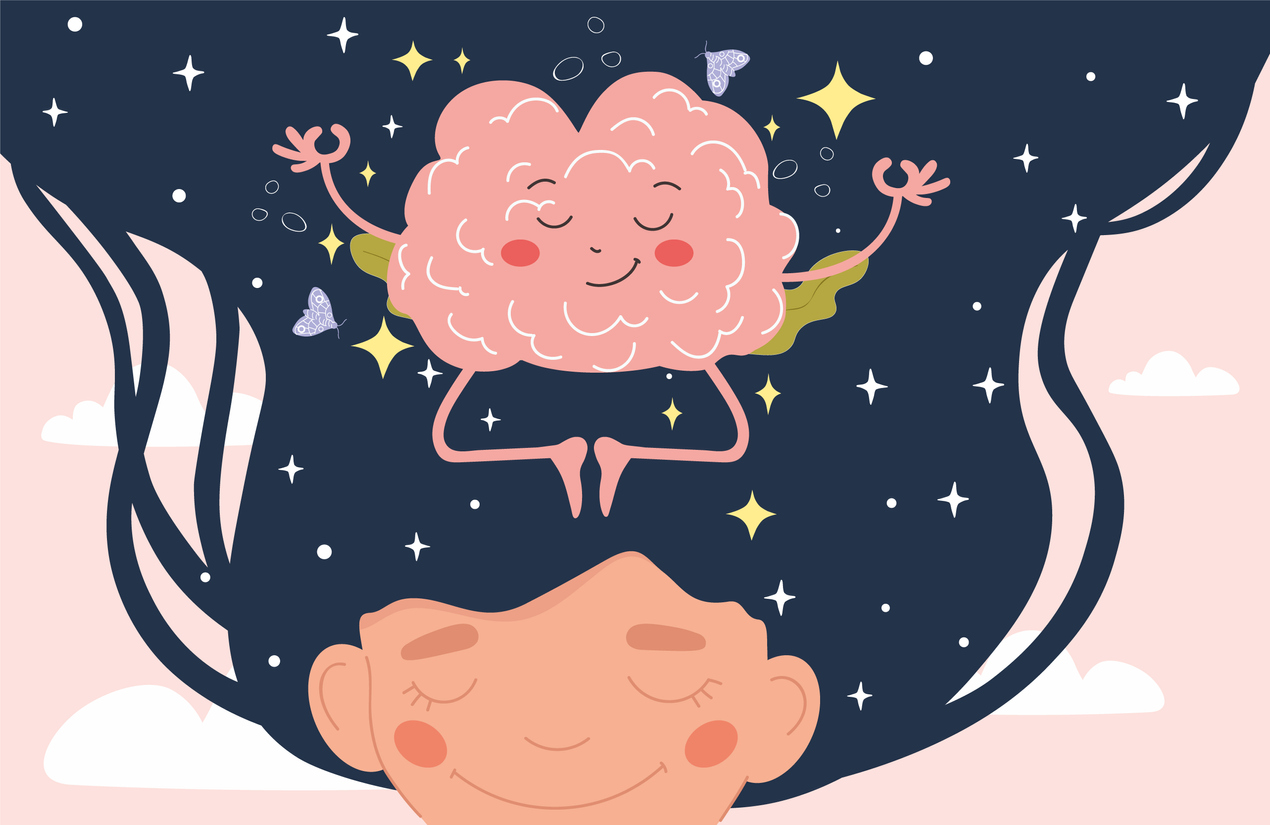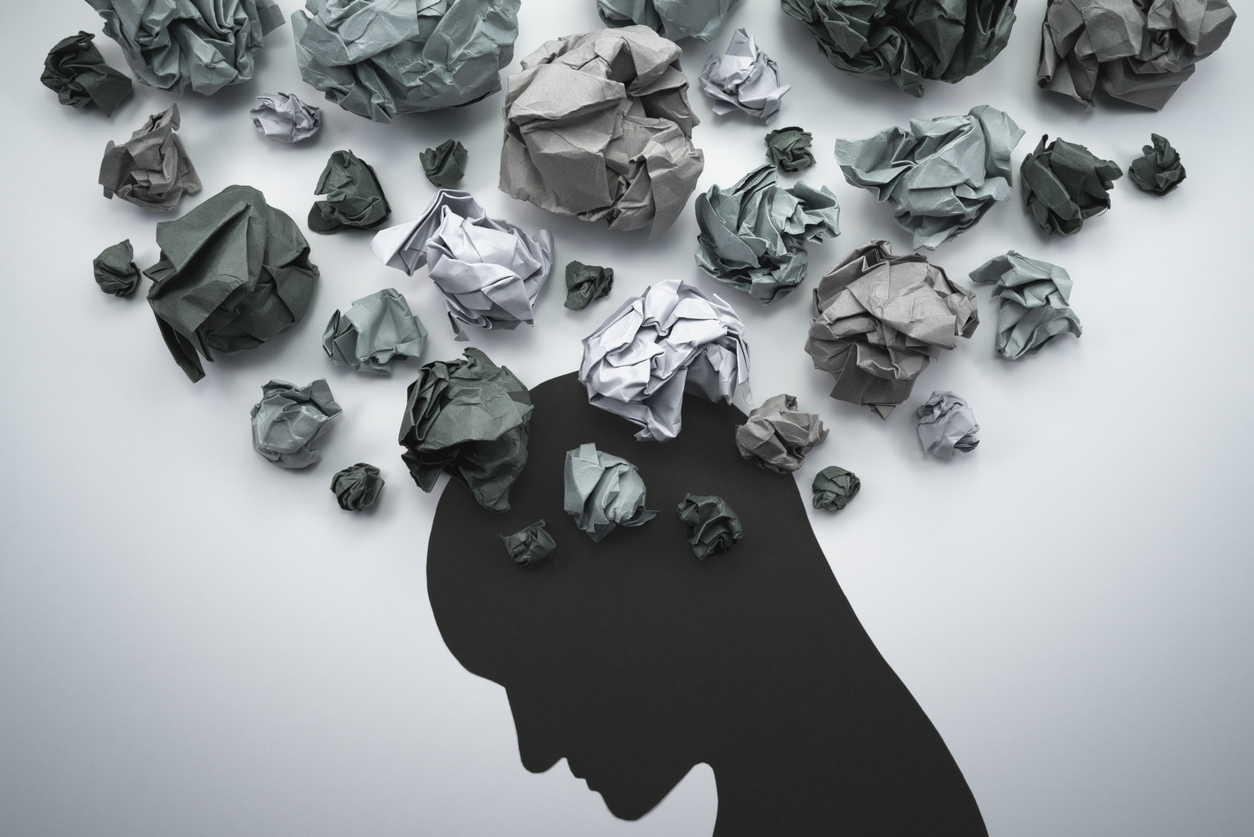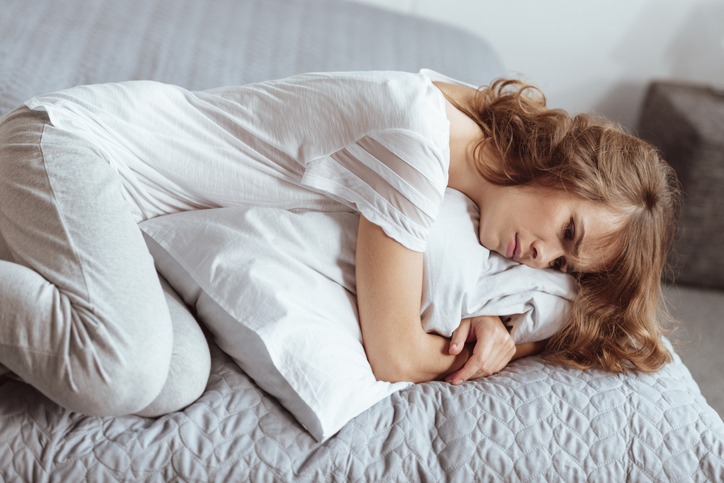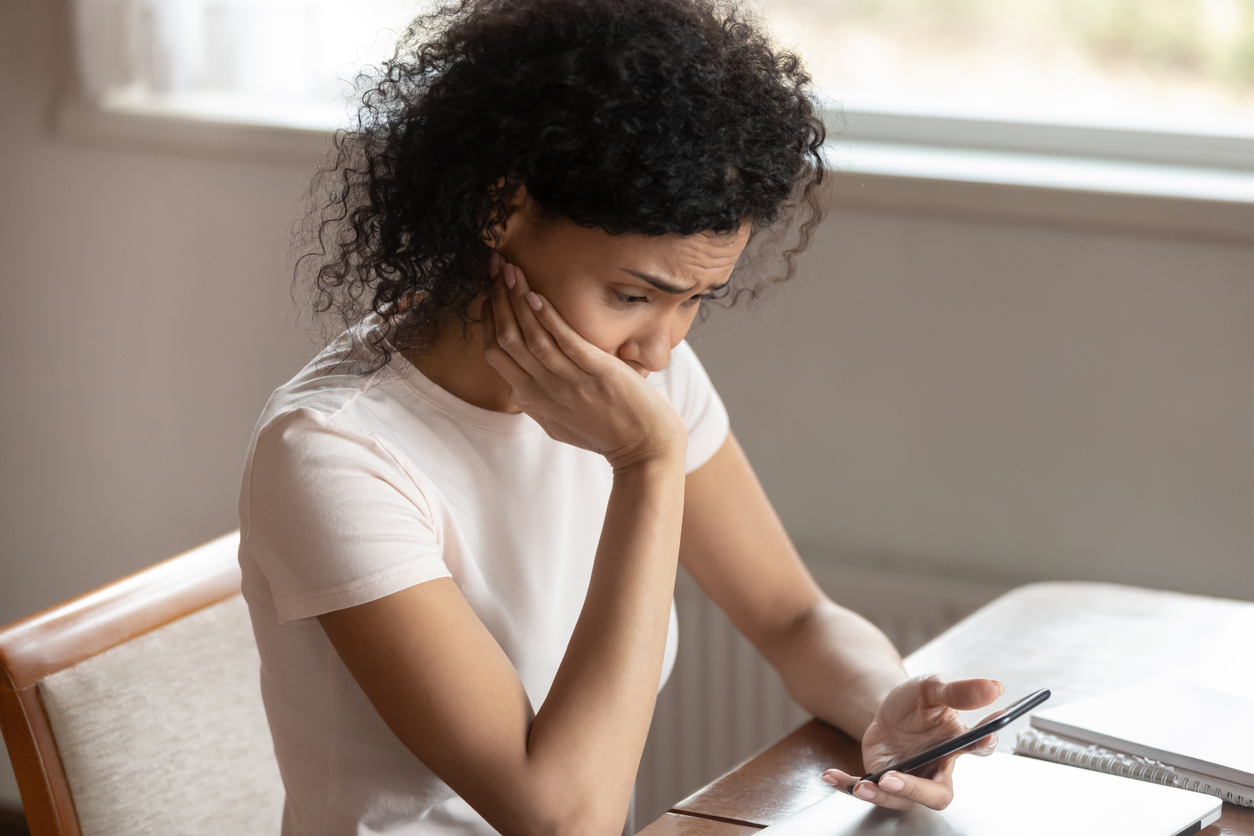Living with Chronic Pain
Alternative and Complementary Treatment Options for Depression
Source: National Center for Biotechnology Information: U.S. National Library of Medicine: National Institutes of Health, Cleveland Clinic, WebMD
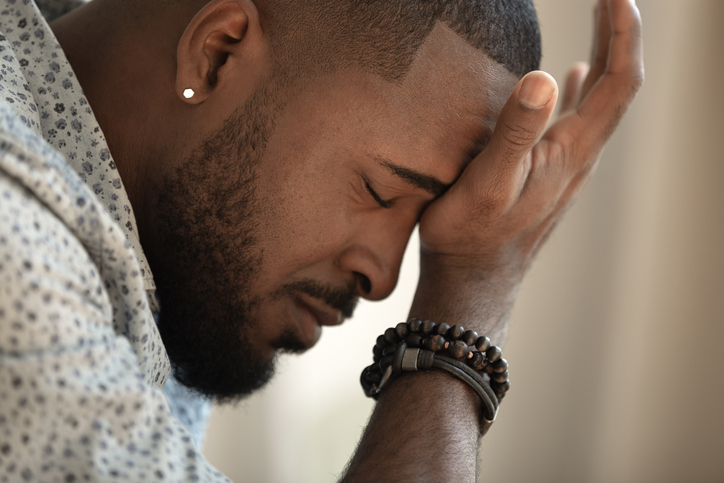
12 people found this helpful
Print
Share
Save
In addition to conventional treatments for depression, such as therapy and medication, a variety of alternative and complementary treatments are also available.
Some of the most common alternative and complementary treatments for depression include the following:
- Acupuncture
Acupuncture is a form of ancient Chinese medicine that involves the insertion of very fine needles into specific points on the body. It is thought to correct imbalances in the body and produce chemicals that decrease pain. Since acupuncture has been shown to reduce both pain levels and depression symptoms, it may be an effective treatment choice for those with coexisting chronic pain and depression. - Massage
Several chemical changes occur in the brain during a massage. Levels of the stress hormone cortisol decrease, and levels of feel-good hormones, serotonin and dopamine, increase. These changes may help improve symptoms of depression, promote relaxation, and improve sleep. - Meditation
Meditation is a form of relaxation and deep rest while awake. It is often described as an altered state of consciousness. When practiced regularly, it relaxes the mind and body, which improves mental health. - Guided imagery and relaxation
Guided imagery is used to help individuals shift their focus from depression symptoms to pleasant and relaxing mental images. The practice of guided imagery may include the repetition of positive phrases or words. Guided imagery can be taught by a therapist or learned at home. Various guided imagery tutorials are available online. - Physical activity
Studies show that physical activity improves symptoms of depression. Physical activity lowers stress hormones, such as cortisol, and creates changes in the brain that are often seen with antidepressant therapy. It can also increase energy levels. Examples include yoga, walking, and resistance training.
These treatments can be used independently or in conjunction with medication, therapy, or other treatments to achieve the best possible results. Consulting a physician about a depression treatment plan is recommended.



